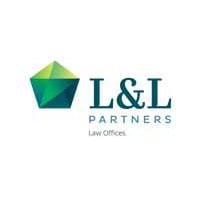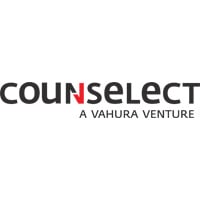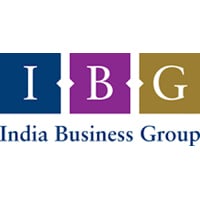
India Teams 2019

| Sun Life India Service Centre








Sun Life India Service Centre
The legal team at Sun Life, India is structured as follows: First, the in-house legal and secretarial team: A team of lawyers and company secretaries is responsible for the entire gamut of legal, corporate and secretarial affairs including statutory and regulatory compliances; corporate governance; labour and employment laws; enterprise risk management; due diligence; drafting and reviewing internal company policies; providing pro-active legal support and opinions, advice and strategy; drafting, reviewing and negotiating contracts; and contract management. The team works as a business enabler by providing guidance and legal support to each business function. And second, the information technology contracting centre: Recently established, the centre under which IT contract specialist lawyers are providing legal services for technology contracts for different regions in the group from the entity in India. The teams are involved in the automation of legal processes; standardisation of documents; legal support for digitisation initiatives within the organisation, legal awareness and trainings.
While the workload and volume has increased for the legal team, multitasking and the spontaneity to respond to the requests and queries has to be maintained.
The speculation on how the legal/regulatory framework would respond to technological disruptions has been a key challenge for the team and I believe it would be the same for any other in-house legal teams, given that legal and regulatory frameworks worldwide are always playing catch-up with the technological innovations. In our digital transformation journey for instance, the management and use of data has been a critical issue which not surprisingly stems from the absence of a robust data privacy legislation as of now in India. The legal team would be required to not just keep pace with the fast moving digital and technological advancements in the industry, but also to think ahead in terms of recognising the possibilities, grabbing opportunities and cashing in the first mover advantage. In short, the advancement of the team involves causing systematic disruption – strategically, to achieve higher standards. Also, the responsibility of legal counsel is to understand the business’s objectives and, strategy and critical points, and be able to communicate the associated risks surrounding management decisions. But as time goes on it will be challenging for in-house counsel as they would be expected to become active commercial players as well as be business enablers by responding to problems even outside of their area of expertise and partake in strategic business decisions.
Our legal team does not work in isolation to perform just the core legal work. We partner and work closely with the CSR team and with the diversity and inclusion team to further the organisational objectives in these initiatives.
How does the team ensure it remains a true business partner to the company?
We function as a business enabler and look for ways to add greater strategic and commercial value to the organisation. We collaborate with the business on various legal and contractual fronts by adopting a holistic approach. In-house lawyers are performing more business centric roles and looking for ways to add greater strategic and commercial value to their organisations. Boards increasingly look to their in-house lawyers to contribute at a strategic level; and whatever their professional remit or legal specialisation, lawyers who really understand the more holistic dimensions of a business’s activities would be in a position to provide the best advice to their boards and be a true business partner to the organisation. They also have a critical role of an ethical watchdog tasked with ensuring corporate compliance in accordance with laws. The in-house counsel’s role is also becoming very pro-active in approach rather than just being reactive and he/she is a key member of the corporate decision-making team. The team offers advice not just on law and related matters but help shape discussion and debate on business issues as we acknowledge the evolving role of the legal department – from traditional, reactive lawyers to a strategic business unit composed of top legal minds and strategic, process-savvy operators.
I believe robotics, machine learning and AI will impact how in-house legal teams work and interact with other departments within the organisation. We are already seeing some popular cases with IBM’s Watson and IPSoft’ Amelia and I will not be surprised to see a use case for these technologies serving as a “legal assistant” which could search directories of information, resolve basic legal questions and provide guidance on organisations practices and policies. The capabilities of these technologies are likely to increase efficiency of in-house lawyers enabling them to primarily focus on activities “that require independent legal reasoning”. Focus on… Can legal technological advancements and innovations be a threat the legal function?
Technology is certainly changing and impacting the legal industry, it is altering how lawyers are required to work and driving law into the digital and innovation age. Lawyers now work side-by-side with other professionals, paraprofessionals, and machines. Legal services are optimally delivered when legal, technological, and process expertise are amalgamated to tackle business challenges. All three elements are equally essential to legal delivery, but none of these can singly or in isolation presently do all what is required to scale up to the required levels. As law is no longer solely a domain only of lawyers, similarly it will never ever be taken altogether by technology. In fact, lawyers will have to adopt technology and its advancements to scale up and deliver to the changing business requirements of this day and age and going further. Adaptability and collaboration with professionals with distinguished expertise, objectives and perspectives will be the key. It is not a risk to the legal professionals but definitely an opportunity to change and evolve gradually. The technological advancements will facilitate the legal professionals to manage expanded portfolios, increased workload, changing and complex regulatory landscape, new risks, and perform the dual role of corporate defender and enterprise partner.